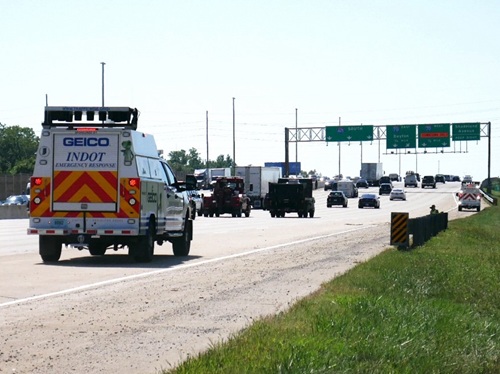The Pipeline and Hazardous Materials Safety Administration is issuing a combined $89.9 million in fiscal year 2018 grants to awarded to states, local communities, tribal entities, and non-profit organizations in support of various safety programs.
The agency said in a statement on Sept. 27 that those grants will be used to: train first responders; educate the public on local safety initiatives, including pipeline damage prevention; and develop community incident response plans.

PHMSA said it will award $3.7 million to four states as part of a new federal-state partnership in the oversight of underground natural gas storage safety.
A further $56 million in pipeline state base formula grants will go to 46 states, the District of Columbia, and Puerto Rico to support their participation in the federal-state base pipeline safety program, the agency said, while another $20.5 million in hazardous materials emergency preparedness or HMEP grants goes to all 50 states, five U.S. territories, and eight federally recognized Tribes and Tribal organizations.
The remaining grant awards include:
- $1.1 million under “One Call” grants to support 46 projects in 31 states
- $3.6 million under hazardous materials instructor training or HMIT grants
- $1 million under supplemental public sector training or SPST grants
- $1.5 million under the state damage prevention program or SDPP grants that will support 24 projects in 24 states
- $1.5 million under technical assistance grants or TAGs for 20 projects in 14 states
- $1 million under community safety grants or CSGs that will support three projects in three states.
“Hazardous materials safety is a shared responsibility in which better informed and trained communities play a vital role,” noted PHMSA Administrator Skip Elliott in a statement. “In addition, as part of our commitment to safety, PHMSA will continue to support states and localities in further promoting the use of 811, so that everyone knows to ‘Call Before You Dig.’”
PHMSA said it also issued several additional grants to state entities, local communities, and non-profit organizations to support the design and implementation of hazardous materials planning and training programs, projects that address pipeline safety challenges related to damage prevention, and projects that promote more involvement in local pipeline safety awareness.
 Nation
Nation


